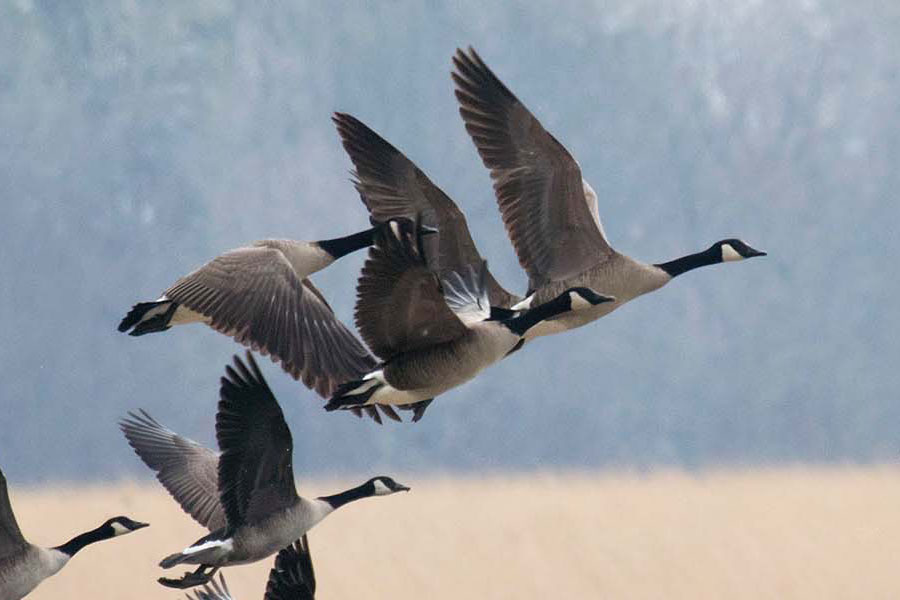Midwest Center for Biodiversity Fund
Make a gift
Additional Info

Biodiversity loss results in direct impacts on our well-being, such as:
- Loss of ecosystem services, such as pollination, which are critical in sustaining our food supply
- Reduced biocontrol of pests adds vulnerability to our food supply
- Increased exposure to zoonotic diseases that cross from wildlife to humans
These are complex, multi-faceted issues that require informed, science-driven solutions. The mission of the Midwest Center for Biodiversity (MCB) is to understand the causes of the loss of biodiversity and formulate solutions by conducting world-class research that is both impactful and offers practical solutions. We do this by developing research synergies between the life sciences and social sciences, as well as the humanities, media, law, and engineering at IU. The MCB also engages in active collaborations with other universities and with local communities, public agencies, and private industry. In addition, we mentor students in the IU Department of Biology, the Center for the Integrative Study of Animal Behavior, and the Integrated Program in the Environment to train the next generation of conservation biologists.
The Midwest Center for Biodiversity is dedicated to addressing the ongoing and huge declines in the abundance and variety of plants and animals in the Midwest. Many are aware of earlier extinctions, but surprisingly unaware of how rapidly biodiversity has declined over just the past 50 years. Birds in North America are a dramatic example, as nearly 1 in 3 have disappeared since 1970. But of course, it’s not just birds. Amphibians and insects are also disappearing, while invasive species are displacing our native flora.
The losses matter for many reasons. Nature provides services that we depend on, like clean air and clean water. Nature also supports our sense of well-being. And the truth is we don’t really know what a collapse in nature will mean for our future, but we can be quite sure it won’t be good for our health, environments, and economies. For these reasons, investing in a center committed to conducting research on biodiversity is truly worthwhile.
Donor support for the Midwest Center for Biodiversity is needed because the center has just begun, it has no reserves, and it has been charged with being self-sufficient from the start. Funds donated will support needs such as research, student stipends, and community outreach—like a summer camp for 4th-6th graders and a community-supported research effort to monitor natural populations on IU properties. For those more interested in global conservation, the MCB is conducting research in South America to conserve flamingos. The center is also studying how invasive species compete with native species and surveying communities about attitudes toward migratory wildlife colliding with buildings.
Solutions to complex problems emerge when people with diverse expertise come together with community support. At the MCB, natural scientists, social scientists, and policy experts will work together. Artists and writers will frame issues in ways we can all understand. And the result will be feasible solutions that balance the needs of people and nature, as we truly grasp that we and nature are one.
Your giving matters
Addressing our planet's staggering loss of biodiversity requires a concerted effort across disciplines. With a science-driven approach, the MCB plays a vital role in that effort in the Midwest and beyond.
Alex Jahn MCB co-director
Important Disclosures
Please note, the name and purpose of the fund displayed on this page constitute the authorized description of the fund by the Indiana University Foundation, Inc. Your gift supports the fund as described herein.
